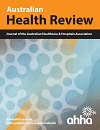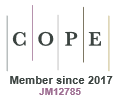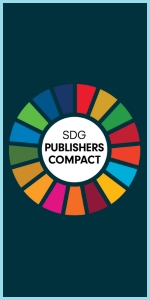AH25047Trends in endometriosis interventions: an interrupted time series analysis following the Australian National Action Plan for Endometriosis (NAPE) 2018
What is known about the topic? An action plan for endometriosis was launched in Australia in July 2018, in response to challenges, including delayed diagnosis, inadequate treatment and effect on quality of life. What does this paper add? The paper analyses the usage of selected medical treatments for endometriosis before and after the launch of the plan. What are the implications for practitioners? The plan may have facilitated access to the treatments, especially for severe cases, but the impact is modest. Targeted strategies to improve diagnosis and enhance treatment uptake, where appropriate, should be considered.
AH25047 Abstract | AH25047 Full Text | AH25047PDF (390 KB) | AH25047Supplementary Material (862 KB) Open Access Article





